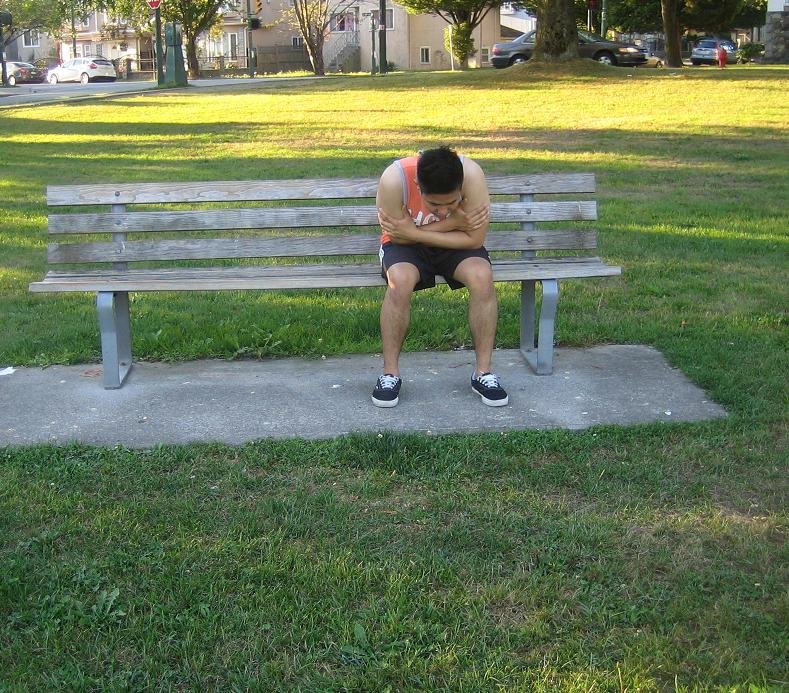An absence seizure is a condition where you blank or stare into space for a brief period. Generally, this commonly occurs in children and typically does not cause any long-term problems. These kinds of seizures are often set off by a period of hyperventilation.
This condition usually occurs in children between the age of four to fourteen. A child may experience several episodes in a given day and may go unnoticed. Most children who experience an absence seizure are otherwise normal. However, if the absence seizures get in the way of learning and affect the child’s concentration in school, then treatment is necessary.
Causes of absence seizures

Absence seizures are due to abnormal brain activity, like other kinds of seizures. Generally, the exact reason why this happens is not known. Most of the absence seizures occur for a period of fifteen seconds or shorter. In rare cases, an absence seizure may last for more than fifteen seconds. Absence seizures can arise abruptly without any warning.
Signs and symptoms
- At first, motionless
- Smacking of the lips or doing a chewing motion using the mouth
- Fluttering of the eyelids
- Suddenly stopping talking or doing the activity
- Suddenly returning to the activity when the seizure ends
If you experience symptoms like sudden jerking motions, it may be a sign of another type of seizure that’s taking place along with the absence seizure.
Treatment
Absence seizures can disrupt your focus in school and work, so it is important to seek treatment to get rid of this problem.
Absence seizures can be managed with a variety of antiseizure medicines. The type of medicine you need to take is based on other seizure disorder present. If you have more than one type of seizure disorder, your doctor may prescribe multiple medicines.
Prevention
Taking the medication that your doctor prescribed to you is the best choice in preventing absence seizures, but changes in lifestyle can also help, these include:
- Getting plenty of hours of sleep every night.
- Exercising regularly.
- Manage your stress properly.
- Eating a healthy diet.
FACT CHECK
https://www.epilepsy.com/learn/types-seizures/absence-seizures
https://www.mayoclinic.org/diseases-conditions/petit-mal-seizure/symptoms-causes/syc-20359683
